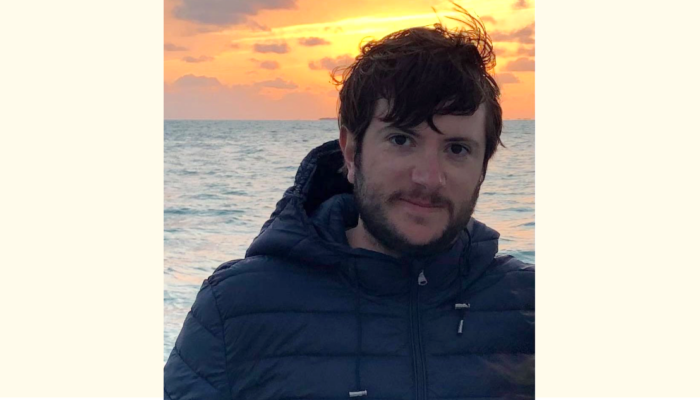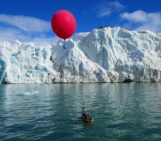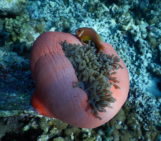
Hello Alessandro. Thank you for joining me for this edition GeoTalk! Could you tell our readers about your background before we dive in?
I am an oceanographer based at the University of Southampton (UK). I am interested in polar oceanography and ice-ocean interactions. The focus of my work is to understand the processes that control ocean heat transport toward rapidly-melting Antarctic glaciers. This heat flux is the main driver of melt in Antarctica and therefore understanding and predicting its changes is essential to constrain projections of global sea level rise.
I am also interested in large scale ocean circulation, in particular how circulation in the Southern Ocean controls oceanic heat and carbon uptake and therefore the rate of global warming. To study this complex system where ocean, ice and atmosphere interact, I pursue a multidisciplinary approach that combines in-situ observations (including those collected during polar expeditions), satellite data and models.
Your research recognizes that climate change is affecting processes once thought to be sheltered from its influence, such as melting at the deepest layer of ice sheets and the sensitivity of water masses in the ocean’s abyss. How does this shift our understanding of Antarctic ice sheet stability?
We used to think that the Antarctic Ice Sheet and the ocean’s abyss were somewhat sheltered from “climate change” given the long time scales (hundreds to thousands of years) required for “meaningful” changes to emerge. Instead, recent research shows how both systems are changing much faster, even at decadal time scales.
Satellite data show how the West Antarctic Ice Sheet has been losing mass for at least the past 3 decades, and similarly the abyssal circulation has been weakening over the same period as shown by in-situ observations in the deep Southern Ocean where bottom waters originate.
What is interesting here is that the two phenomena are related: melting of the Antarctic Ice Sheet causes freshening of the surrounding ocean and limits the formation of dense (cold and salty) waters that replenish the abyssal ocean, weakening the abyssal circulation. Not only the suppression of dense water formation weakens the abyssal circulation, but it also triggers warming near the Antarctic coast which further increases melting of glaciers.
This is what we call “positive feedback”. This feedback represents a shift in our understanding of the Antarctic system, especially because it implies changes much faster than previously anticipated.
Our oceans are the largest sink of heat and carbon in the planet. How might this capacity be impacted by the feedback effect between ice sheet melt and deep ocean water masses?
This feedback has potentially widespread consequences. The abyssal circulation is responsible for absorbing carbon and removing it from the atmosphere for hundreds to thousands of years. During past climate transitions changes in the deep ocean circulation have contributed up to 80-90 ppm changes in the atmospheric CO2, giving us an idea of what crossing a tipping point in Antarctica could mean. However, whether such changes will occur in the future remains to be determined as key mechanisms such as feedbacks between ice, ocean, and atmosphere in Antarctica are still poorly understood.
You received the Ocean Sciences Division Outstanding Early Career Scientist Award at the 2024 EGU General Assembly. This adds to a successful catalogue of achievements, including attaining a prestigious fellowship and grant. What advice do you have for our readers also on their own journeys of research and discovery?
The “scientific voyage” is different for everyone, with different challenges and life experiences. The only thing that I would say is to try to remember that our “goal” remains to generate new ideas. These ideas can then help people and the environment. We tend to forget this because we get stuck in our specific projects, or because we are buried with many tasks, or for multiple other reasons.
We need to find time for innovative thinking and for transforming it into something concrete. The way of doing this likely differs among us, but I guess the general aim is (or should be) “universal”.
Finally, how do you see ocean sciences research developing in the future?



